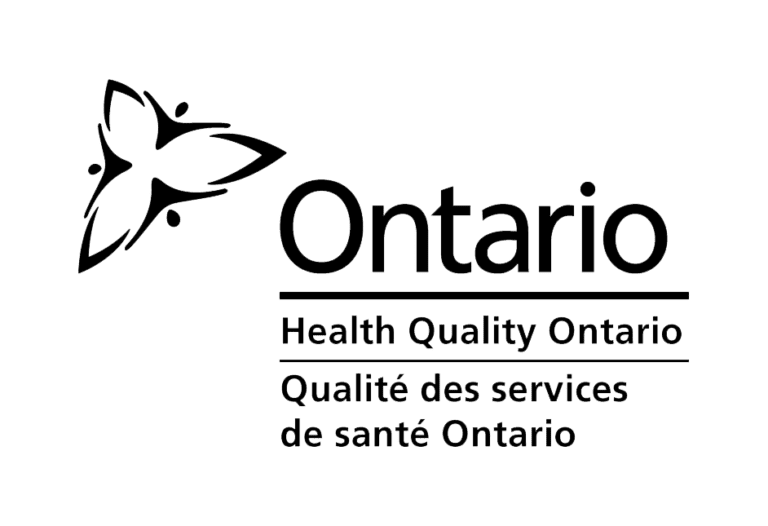The Healthcare & Health Sciences industry grapples with relentless escalating patient demands and accessibility issues. For present-day healthcare leaders, the dilemma lies in effectively structuring their systems to seamlessly integrate people, processes, and technology, thereby achieving value for cost, enhanced quality and safety in care and operations, and ultimately creating superior patient, resident, and client outcomes.
“The first and most consistent challenge across the health sector is the lack of trained staff to deliver care or complete back-office work.”
“Many individuals in North America face geographic and financial barriers, lack adequate insurance coverage, have socioeconomic barriers leading to delayed or foregone medical treatment.”
“All Healthcare costs continue to rise in both the public health and for-profit systems. Labour paid as overtime or agency nursing is a significant portion of the budget issues.”
“Many regions and provinces are experiencing shortages of healthcare professionals, particularly in rural areas, exacerbating wait times for appointments and procedures.”
“The most common complaints preventing us from delivering care in people’s homes are lack of staffing, wasted time driving between locations, lack of supplies on hand, difficult working conditions – the list just goes on.”
“Complex administrative processes and paperwork are impeding the efficiency of healthcare delivery, contributing to delays in care.”
“The overburdened emergency departments lead to long wait times for patients seeking urgent care across the country.”
“The current fragmented healthcare system is creating disjointed delivery, resulting in delays in care, diagnosis, and treatment.”
From public health, through primary and acute care, home and long-term care and all the pieces in between. It is through this lens that we can purposely make sustainable change that creates seamless flow for the people requiring care and a rewarding work experience for the staff. Our Healthcare process improvement team places a relentless focus on building a foundation for sustainable operational excellence as we work together to solve key challenges.
Explore our core Healthcare & Health Sciences services to see how we can help
Recent events have thrust the longstanding pressures faced by the Healthcare & Health Sciences sectors into the spotlight of news and conversations. However, as the crisis subsides, the focus on these sectors is perceived to be less acute, despite the enduring presence of monumental challenges. Shortages of supplies and equipment, surging patient loads, strains and deficiencies in skilled personnel, capacity limitations, prolonged wait times, and ongoing patient health concerns persist unabated. A quick adaptation to these challenges inevitably leads to suboptimal operations, leaving the industry with an immense opportunity to re-evaluate.
Operational process improvement is vital to the Healthcare & Health Sciences industry. At The Poirier Group, we continuously track emerging industry trends and their potential impact on our clients to remain prepared for change. Most recently, we are tracking:
In today’s healthcare industry, the significance of operational excellence has long been acknowledged. Ensuring seamless day-to-day operations, including the efficient flow of patients, residents, and clients are matched with effective communication among care providers, is paramount for sustaining healthcare service levels. Advancing the practice of operational excellence will enhance your ability to implement innovative change initiatives, expand knowledge and application of treatments, and elevate the overall standard of care
























